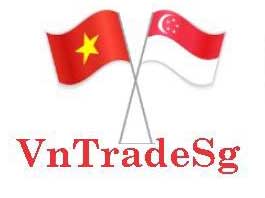A national marine spatial master plan is being developed, aiming to fuel the sustainable development of marine economic clusters and establish sea-based economic hubs by 2030. (Photo: VNA)
A national marine spatial master plan is being developed, aiming to fuel the sustainable development of marine economic clusters and establish sea-based economic hubs by 2030.
Deputy Minister of Natural Resources and Environment Le Minh Ngan underpinned the importance of the national marine spatial master plan, saying its objectives are to properly delineate and zone off sea spaces for different sectors based on the incorporation of planning of sea-based industries; and to orient the use of sea spaces and address overlaps and conflicts in exploiting marine spaces.
Drafting the master plan is a challenging and complex task, given that it has never been done before in Vietnam, Ngan noted, adding that utilising existing data and information, it will zone off the marine spaces based on natural ecosystems to provide a connecting space for socio-economic development, enhance land-to-sea connectivity and protect national security-defence and international cooperation.
The Ministry of Natural Resources and Environment (MoNRE) has sent the draft plan to a number of Party Central Committee’s commissions, ministries and authorities of 28 coastal cities and provinces to seek feedback and recommendations.
According to of the “Blue Economy Scenarios for Vietnam” Report released by the MoNRE’s Vietnam Administration of Seas and Islands and the United Nations Development Programme (UNDP) in May, to sustainably develop Vietnam’s blue economy, policies must make sure that the exploitation of marine resources by today’s generation will not have a harmful effect on that of the future generations.
Therefore, the national marine spatial plan should promote a reasonable sea-based economic structure capable of best exploiting their values while still maintaining and expanding marine ecosystems and their values and preserving biodiversity.
Vietnamese regulators have been urged to devise a long-term project with continued efforts exerted to accelerate building of policies and mechanisms for better management of marine resources, encourage sea-based economic activities using environmentally-friendly technologies, and expand to highly-profitable industries, like marine medicinal materials and marine energy, particularly offshore wind power.
Along with the national marine spatial plan, researchers recommended that Vietnam should work on a blue economy programme with clear key projects.
NDO

















